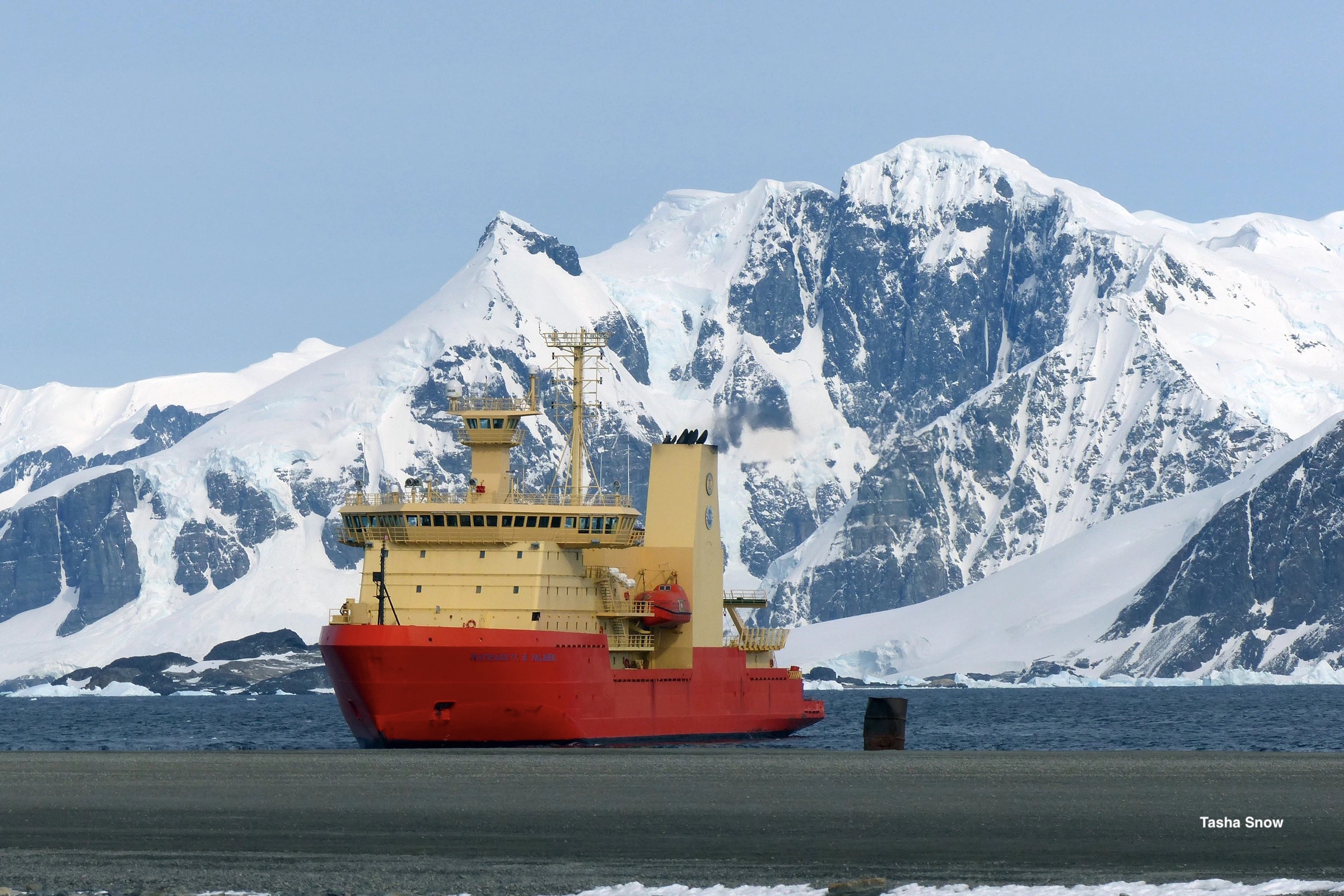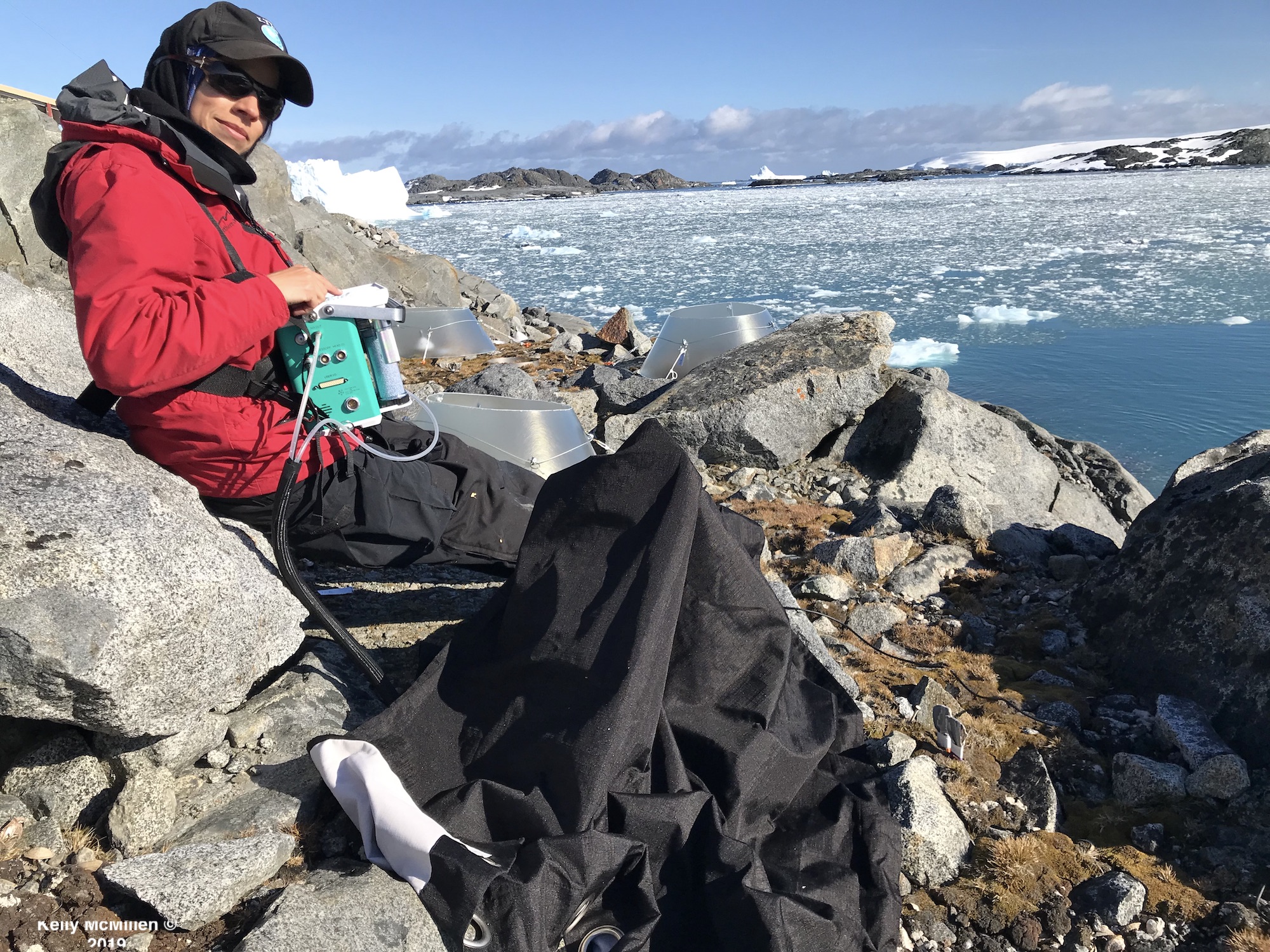Thwaites Glacier and climate change:
In yesterday’s entry I discussed a medical emergency aboard the Antarctic research vessel the Nathaniel Palmer. This ship was at Thwaites Glacier conducting climate change research, a project that is a joint effort between US and UK scientists.

The ship is at Thwaites Glacier because this glacier empties into the sea and it has become unstable. In fact it is one of the most unstable ones in Antarctica. If this glacier were to completely melt because of climate change, it would add nearly 1 meter of sea level rise globally. In recent years the glacier’s speed toward the ocean has increased to 4 km per year. Not only has it sped up, it is also thinning. Scientists are putting out many sensors that monitor the behavior of this glacier to better understand what processes are affecting its stability. This knowledge can be used to better predict its responses to climate change in the future.
Knowing this project was put on hold to save the life of one of the Antarctic support people makes you also realize that people are conducting (or help conduct) research at the risk of their own lives.
I like this quote from the Rolling Stone website that detailed the evacuation of the marine technician in Antarctica: “Doing science here, even in the best of conditions, is a heroic adventure, and the people on this ship show a competency and commitment to their work and to each other that is both inspiring and, frankly, a little insane. If the fools who criticize climate scientists for being corrupt or lusting for fame ever spent 10 minutes on a research vessel in Antarctica, they would see that the people who do this kind of work — the scientists, the crew, the support staff, the engineers — not only aren’t getting rich or famous, they are literally putting their lives on the line to pursue a deeper understanding of the risks the rest of us face in a warming world”.
This is also true for research stations on the Antarctic continent, including Palmer Station. I am honored to be a member of the Palmer Family and of the larger scientific community to understand the effects of climate change on carbon fluxes and learn whether or not warming rates may happen even faster because of climate-ecosystem interactions. What we do is risky, but the payoff is worth it. Climate change, after all, affects everyone.
